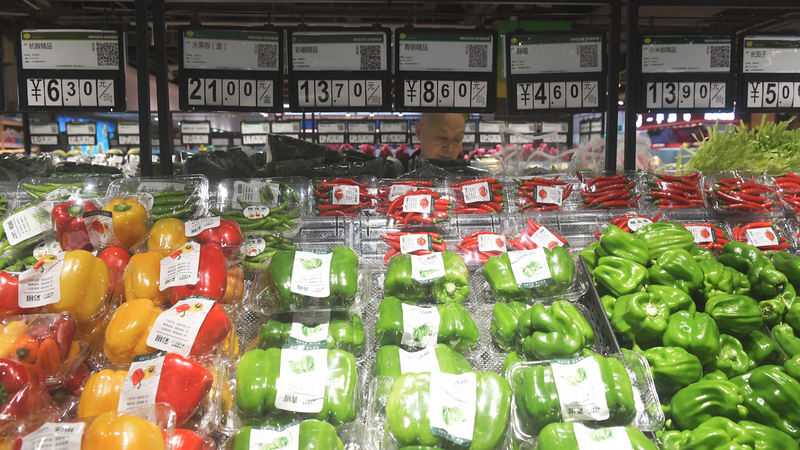
Chinese Mainland CPI Rises in October 📈: Quick Lowdown
In October 2025, consumer prices in the Chinese mainland rose 0.2% YoY, marking continued price growth. Heres what drove the uptick and why it matters for young professionals.
News That Embraces Insight and Understanding

In October 2025, consumer prices in the Chinese mainland rose 0.2% YoY, marking continued price growth. Heres what drove the uptick and why it matters for young professionals.
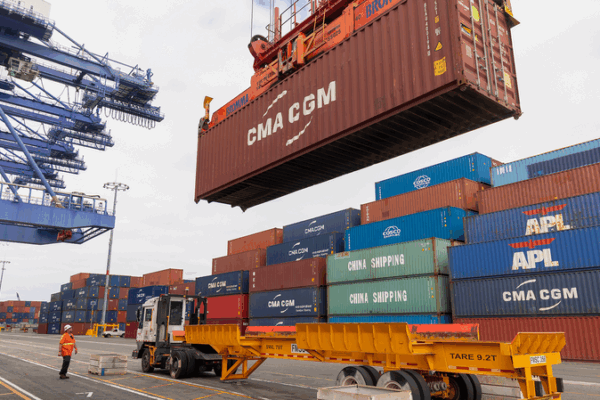
Economists say Trump’s tariff hikes may slow the growth of the $37T U.S. debt but won’t make a meaningful dent in the national debt, despite claims of a public “dividend.”
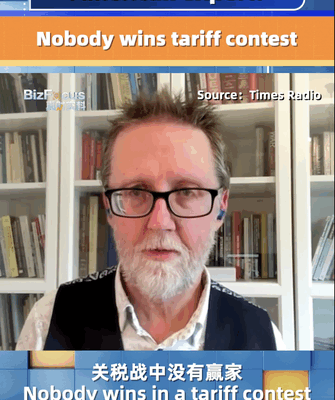
Professor Scott Lucas of UCD says the US–Chinese mainland tariff war has no winners, with Americans paying higher costs as importers, consumers and farmers shoulder the bill.
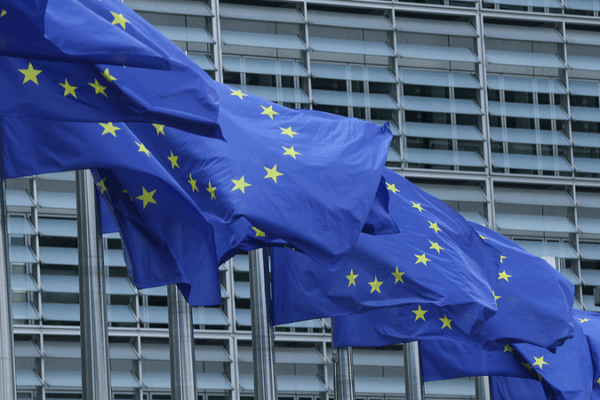
Spanish economist warns EU gains little from the new US tariff deal, with Germany at risk from potential drops in auto sales.

China’s de-involution campaign is reshaping market competition by breaking destructive cycles and paving the way for sustainable innovation.

China and U.S. extend the pause on the 24% reciprocal tariffs, paving the way for a more stable trade environment, as confirmed by Li Chenggang in Stockholm.
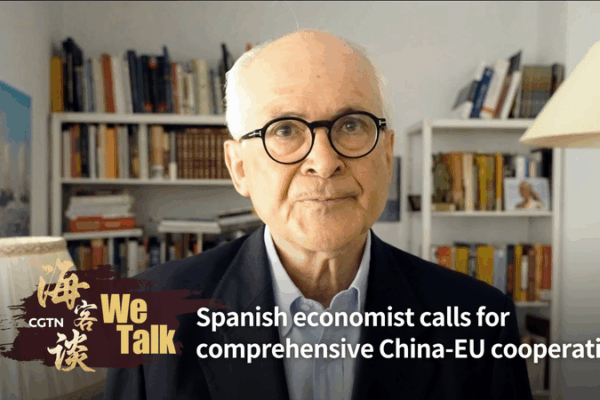
Spanish economist Rafael Pampillon calls for enhanced China-EU cooperation, emphasizing green energy and stronger cultural & academic ties at the 25th Summit.
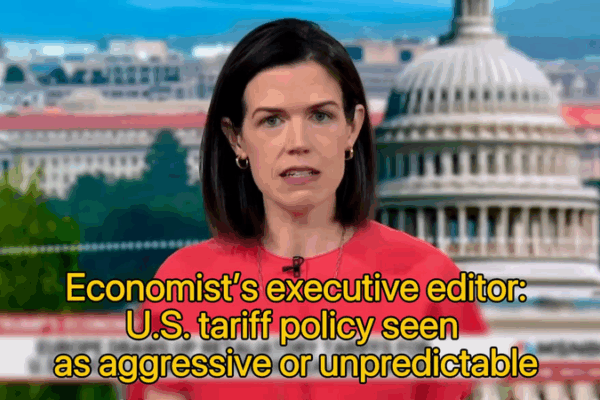
Exec editor Charlotte Howard warns that aggressive US tariff policies, including a proposed 30% duty on EU imports, could trigger global economic turbulence.
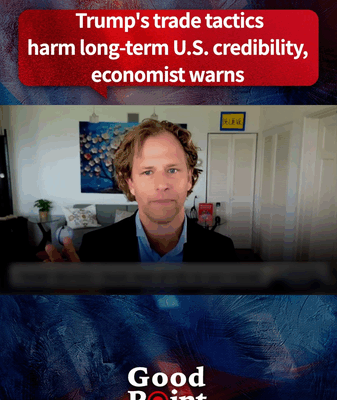
Economist Justin Wolfers warns that Trump’s reliance on executive orders in trade deals could undermine long-term U.S. credibility, prompting global allies to seek stability.
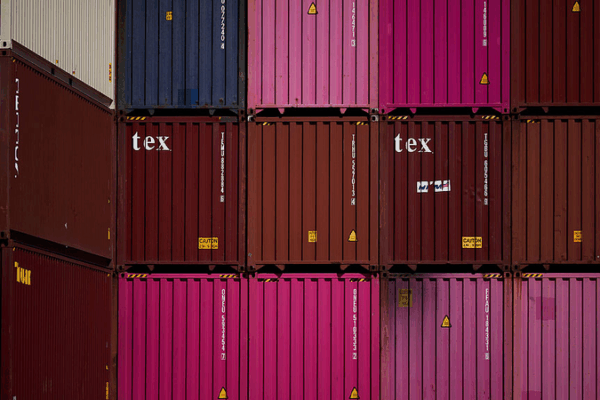
A delay in the US tariff plan casts uncertainty over long-term investments and global business planning.